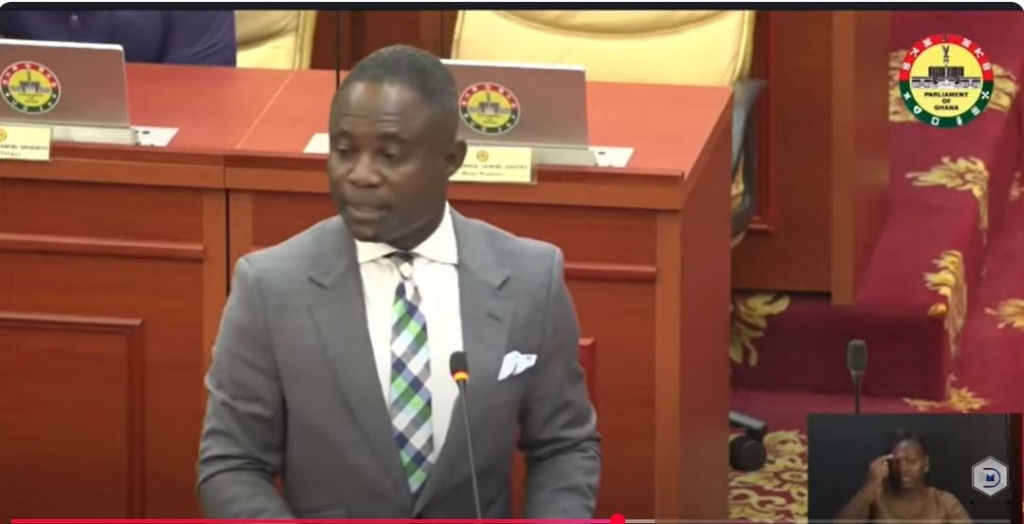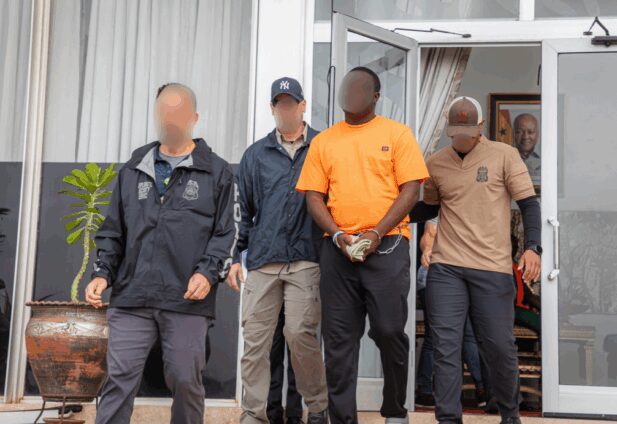U.S. Ambassador to Ghana Mary Carlin Yates talked about Ghana?s struggle with AIDS during a lecture held Wednesday in the Cox Hall Ballroom.
The lecture, sponsored by the Claus M. Halle Institute for Global Learning, was called ?A Snapshot of Ghana.?
It covered four topics: the Millennium Challenge Account, peacekeeping, HIV/AIDS and education.
?Ghana is considered, within the State Department, a leader in West Africa,? Yates said.
She said Ghanaian President John Kufuor has worked to maintain ?excellent relations? with the United States.
Kufuor, as chairman of the Economic Community of West African States, has also worked with the U.S. embassy to develop regional policy initiatives.
Yates discussed the ?problem of the stigma of AIDS,? which has been addressed slowly by developed nations and international organizations.
Though 3 percent of Ghana?s population suffers from HIV/AIDS, the number is much lower in Ghana than other surrounding countries that remain the focus of foreign assistance for HIV/AIDS prevention and treatment. However, several U.S. corporations, including the Coca-Cola Company, contributed to preventive education among their workers and in the communities around their factories.
Ghana recently received a large amount of funding from the U.S. Millennium Challenge Account (MCA), Yates said. The MCA was created by the Bush administration to encourage democratization and economic liberalization in developing nations. Countries competed for U.S. aid by striving for democratic, economic and educational standards.
Ghana was one of the 16 countries that qualified and was allocated money from a $40 to $50 billion fund.
Yates also talked about Ghana?s defense forces. She said she was impressed with the ?innovation and invention? of the Ghanaian army. The army is currently working on a West African military force under the jurisdiction of the United Nations.
The African standby force, which Yates predicted would be ready by 2010, would ?intervene in [West African] conflicts before they get out of hand.?
Approximately 50 percent of Ghanaian students who wish to attend higher education are unable to because of lack of university institutions, Yates said.
Even those who graduate from existing institutions tend to leave the country.
Yates said this ?brain drain? causes an insufficient number of educated people to build and improve the government, economic and health infrastructure in Ghana.
Several faculty members and students expressed their interest in coordinating more joint programs, such as study abroad programs, with Ghana?s universities and nongovernmental organizations.
?The faculty at Emory would be welcome to participate in any of the educational initiatives,? Yates said.
Yates did not specify any particular programs targeted toward American university students.
Yates? lecture was part of a guest speaker lecture series that invites speakers from the United States and abroad to speak on current international topics.
Source: GhanaWeb










